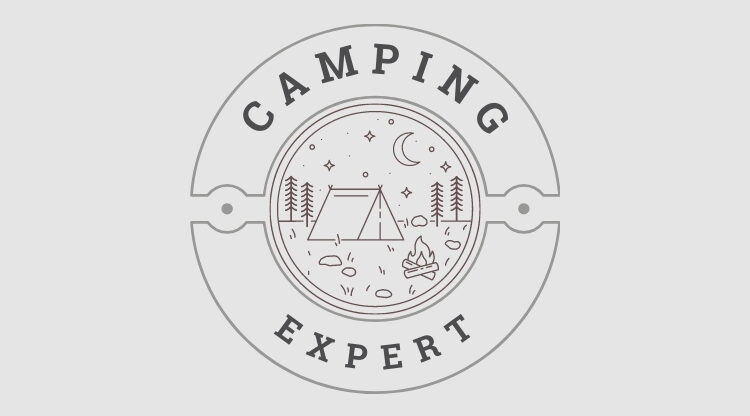Owning a static caravan is somewhat different to the type you see towed behind cars. A static caravan is larger – quite a lot larger – and more luxurious – what the Americans call a mobile home. It has wheels, but it’s a caravan in name more than in fact. It can be moved, although not easily, because of its size and weight; not something you could possibly tow with a car (in fact, they can’t legally be towed on the road – in spite of the fact they have wheels, they have to be carried on the back of a lorry).
On the face of it, buying a static caravan and a site for it should be quite straightforward. After all, there are caravan parks for them all over the country – it’s easy to find a directory of them online. But, in fact, the whole transaction is complex, and you need to be aware of the problems before going into it.
The Static Caravan
The first thing you need to know is that you can’t use the caravan as your main residence; that’s not allowed. Many parks close in the winter, anyway, so you wouldn’t be able to stay all year. Instead it’s a holiday home, and quite an expensive investment. Expect to pay £40,000 and up for a good, new static caravan. However, that’s still a lot cheaper than a bricks-and-mortar house, and you’ll find plenty of room. Generally, the price includes carpets and kitchen appliances.
But that money isn’t all you’ll pay. You’d better check the caravan comes with central heating and double glazing. If not, you’ll be paying for them, and it’s easier to have them fitted before the caravan is on site. After that, it still has to be transported from the manufacturer to the site, and then hooked up to utilities, which is known as commissioning.
People do re-sell static caravans, either on a site or to be transported, but be aware that resale prices aren’t that high, as depreciation tends to be steep.
The Caravan Site
If things seem complicated with the caravan, that’s nothing compared to buying the site. First of all you need to find a location, and obviously it should be in an area you like to visit – although the other end of the country isn’t a great idea.
Once you know where you want to be, consult a directory and find a caravan park in the area and see if they have vacancies – which you’ll want to do well before buying a caravan, of course. You don’t buy the site, however. In some ways it’s more like leasing it.
You pay a rent each year, which is often in the low thousands, and the contract is for a set length of time, which varies with the arrangement, but usually for at least a decade. On top of that, you’ll also be paying management fees, and if you decide to sell or move the home, you might have to pay even more. On top of that, what will you have to pay for insurance and utilities? It all mounts up.
On top of that, each site will have its own rules, which will be laid down in the contract, so you should study it very carefully before signing. What if you want to rent out the caravan for weekends when you’re not using it? Make sure it’s allowed. If there’s a pool or other facilities in the park, check to be sure you don’t have to pay extra to use them. Finally, when is the park open? Does it close in the winter, and if so, for how long?
Take all those factors into account when you consider buying a caravan and site. For the right people, it can be wonderful, a good holiday home and weekend retreat, and many love it. Just make sure you go into it with your eyes open.
